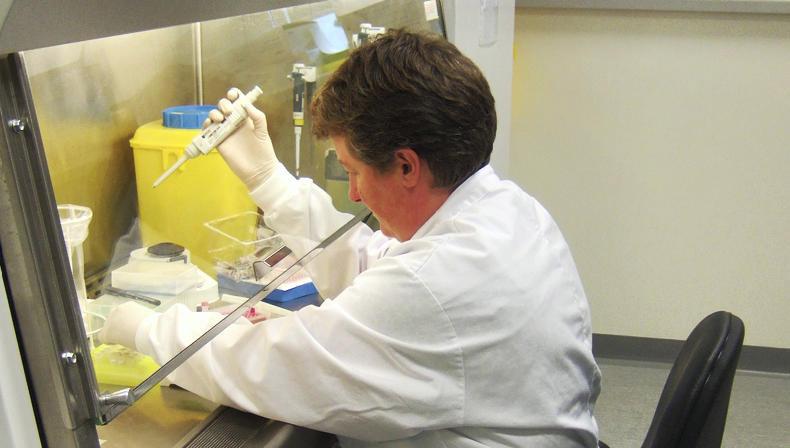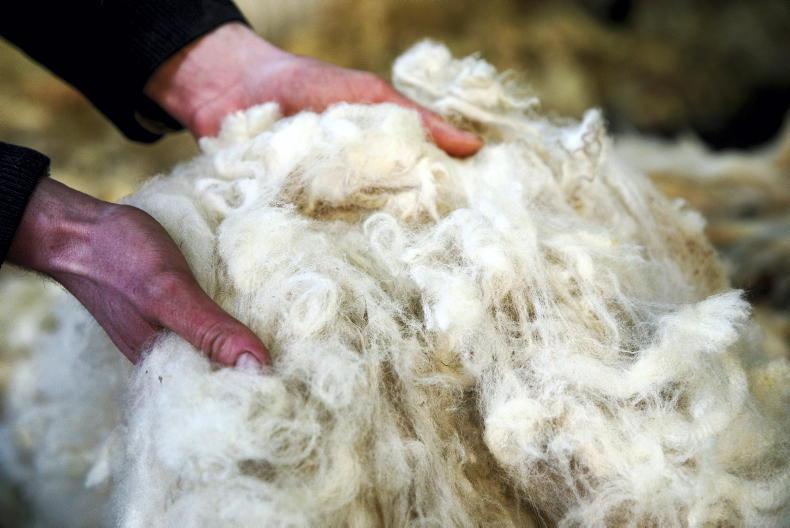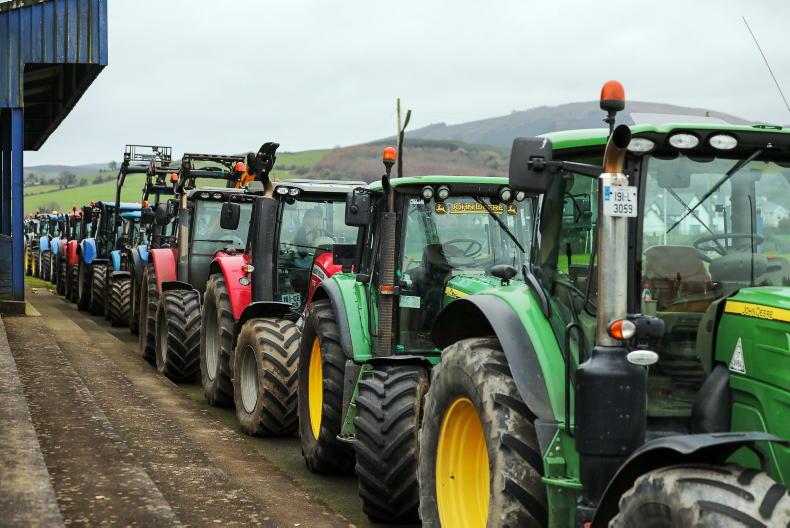Greenhouse gas emissions from livestock receive a lot of negative press when it comes to the struggle against global warming.
Over the past number of years, there has been a concerted effort by members of the Agricultural community to find a feasible, effective way to reduce these emissions.
With that in mind, researchers across Europe, with funding from Swiss-based life science group Zaluvida, have spent the past decade developing a natural feed supplement made from fruit and vegetables.
This supplement, called Mootral, has been shown to reduce methane emissions from ruminants by at least 30%, helping the livestock industry to reduce its carbon footprint.
Zaluvida introduced the supplement to Danish scientists at the University of Copenhagen and the results of in-vitro trials show a strong impact on rumen fermentation – ultimately impacting methane emissions.
Mette Olaf Nielsen, professor in sustainable animal nutrition, and Hanne H. Hansen, associate professor of cattle production, Department of Veterinary Clinical and Animal Sciences at Copenhagen University, commented: “A 58% methane reduction was achieved when we added Mootral to a typical [Danish] dairy ration of maize silage and soya bean cake in our in-vitro test.
"We will continue our studies with Mootral to verify the effects in real cows under farm conditions as part of our ongoing research efforts to find ways to ensure drastic reductions in methane emissions and de-criminalise cows in the climate debate.
In August 2017 researchers in Australia conducted trials which showed that including seaweed in a ruminant's diet had the potential to cut methane output by as much as 80%.










SHARING OPTIONS